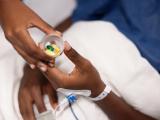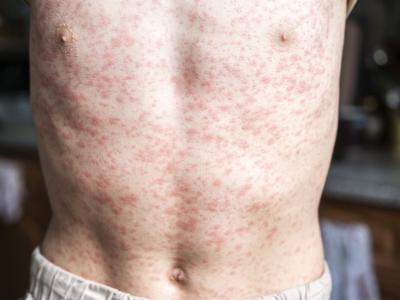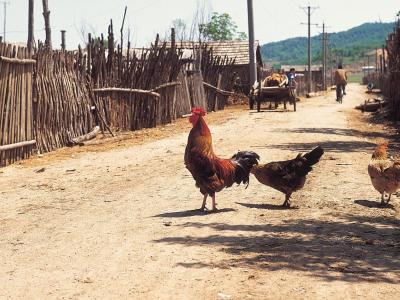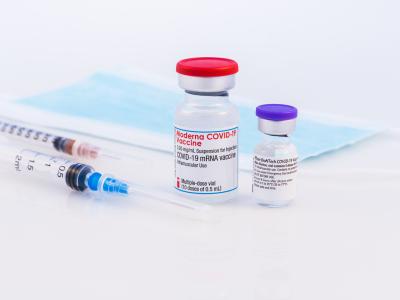North Korea confirms flu outbreak
North Korea's government for the first time has acknowledged having a pandemic H1N1 outbreak, the Associated Press (AP) reported today. The state news agency said nine cases had been confirmed along the border with China and in Pyongyang, the capital. The brief report did not mention any deaths but said a quarantine system was in place and medical treatment was under way. A World Health Organization (WHO) office in the capital said today that no deaths have been recorded.
http://www.khaleejtimes.com/DisplayArticle08.asp?xfile=data/international/2009/December/international_December489.xml§ion=international
Dec 9 AP story
Vietnam reports cluster of seven resistant infections
Physicians from Vietnam, writing in the New England Journal of Medicine, today reported a cluster of seven cases of oseltamivir-resistant H1N1 infections. Six cases occurred in a group of 10 students who traveled together on a train, and the seventh case involved a traveler in another carriage. The students were well during the trip and were not taking the drug, but fell ill afterward. All recovered. The resistance mutation was found in specimens taken before any oseltamivir treatment.
http://content.nejm.org/cgi/content/full/NEJMc0910448
Dec 9 N Engl J Med report
UK report says few hotline diagnoses were pandemic flu
A report from the United Kingdom's Health Protection Agency (HPA) estimated that only one in five people who were diagnosed with H1N1 through the country's pandemic flu hotline actually had the virus, the London-based Daily Express said today. The HPA based its estimate on swab samples from people who had used the hotline. A taxpayer group said the flu line wasted antivirals and hurt the economy by causing people to stay home unnecessarily.
http://www.express.co.uk/posts/view/144966/NHS-swine-flu-hotline-got-it-wrong-most-of-the-time
Dec 9 Daily Express story
WHO finds no vaccine link in three Chinese deaths
The WHO office in China said three of four deaths of patients from the mainland who received the pandemic vaccine were not related to the immunization, the Hong Kong Daily Standard reported today. The WHO said the fourth case is still under investigation. A WHO spokeswoman said the findings show that the vaccine surveillance system is working. Hong Kong plans to start its vaccine campaign for high-risk groups on Dec 21, using a different vaccine from the one used on the mainland.
http://www.thestandard.com.hk/news_detail.asp?pp_cat=11&art_id=91658&sid=26351558&con_type=1
Dec 9 Daily Standard report
Researchers say H1N1 used new strategy to cross into humans
Researchers at the University of California, Berkeley, say the 2009 H1N1 virus used a new strategy to jump to humans. Previous flu strains that crossed from birds into people (the H1N1 virus came from pigs but contains bird and human elements) had a specific mutation in the polymerase gene that allowed the protein to operate in human cells, says a university news release. H1N1 lacks that mutation, but it has a second mutation that seems to stop human cells from blocking polymerase activity.
http://www.pnas.org/content/early/2009/12/04/0911915106
Proc Natl Acad Sci report
CDC updates antiviral recommendations
The US Centers for Disease Control and Prevention (CDC) released an update of its recommendations for the use of antiviral drugs to prevent and treat flu. The new version includes updates on the use of intravenous peramivir under an emergency use authorization, oseltamivir (Tamiflu) dosing for children under 1 year old, treatment and prophylaxis considerations for people who have received pandemic or seasonal flu vaccine, and other topics.
http://www.cdc.gov/h1n1flu/recommendations.htm#e
CDC's updated recommendations























